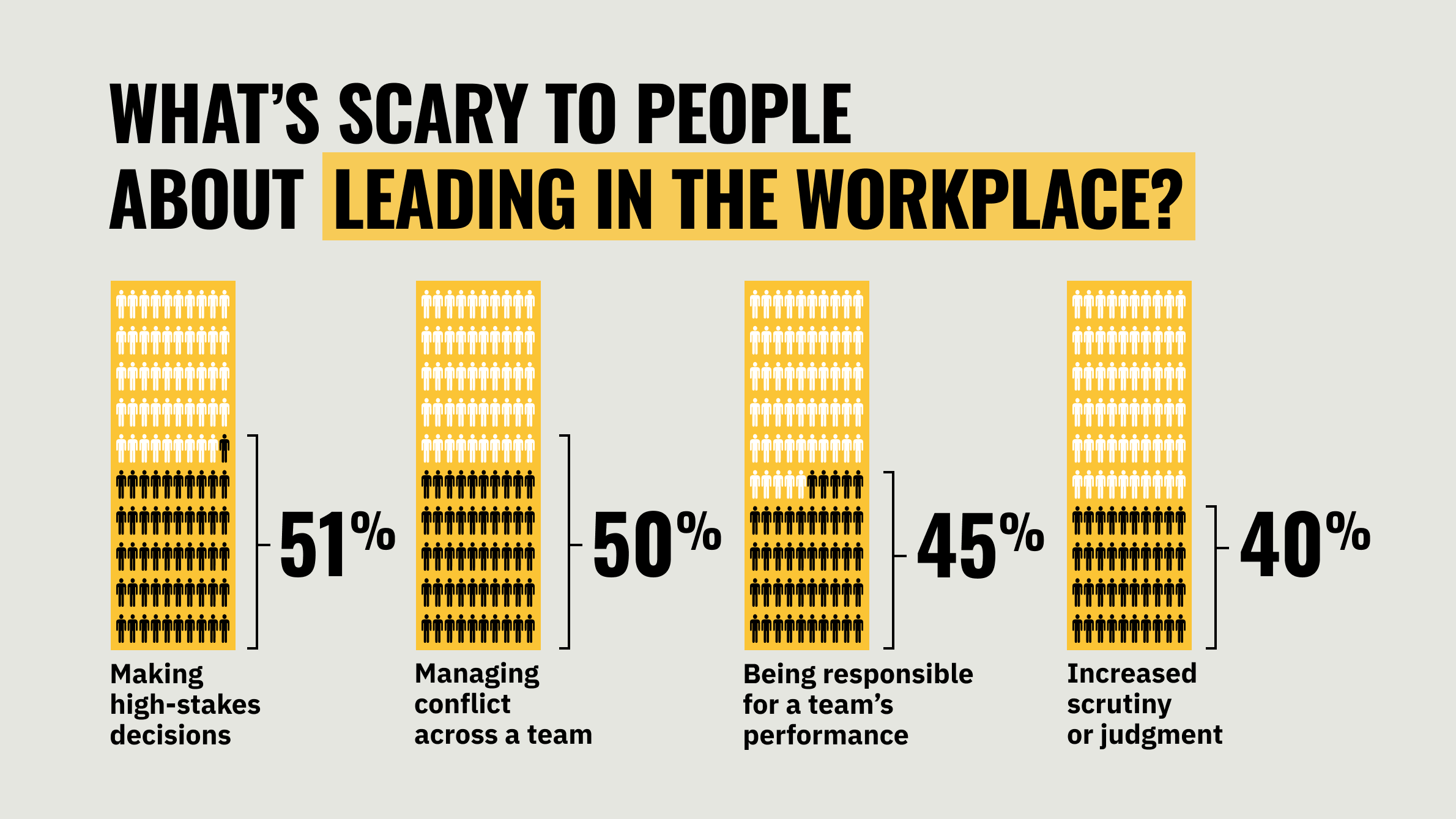Is your business ready for the next black swan? Watch for these 2 signals.

Let’s talk about swans. All swans are birds or, more specifically, waterfowl. They are large and sport long, slender necks. They migrate south for the winter, traveling in that eye-catching V formation. They have teeth that they use to catch fish and terrify park visitors. Oh, and all swans are white. Every. Single. One.
That’s roughly how a European ornithologist would have defined swans. The idea of a non-white swan was incomprehensible in that period—so much so that people used the phrase “black swan” the same way we say flying pigs today. Then the old world discovered Australia, and with it a native population of black swans. It was an important moment in, uh, swanology. Overnight, the definition of what it meant to be a swan had changed.
In his 2007 book Black Swan, risk analyst Nassim Nicholas Taleb turned the black swan’s story into a metaphor for his conception of paradigm shifts. For Taleb, such shifts appear as a surprise and fundamentally change our understanding of an idea, field, or industry. And they are rationalized to have been obvious in hindsight by face-saving pundits who claim they saw the change coming from miles off.
The concept of paradigm shifts was devised to explain scientific upheavals. Think of Copernicus’, Newton’s, and Darwin’s theories. The ideas of such luminaries changed how we fundamentally understand the natural world. Today, their discoveries are so fundamental that grade-schoolers accept them as the way of the world.
Like swans and science, economies face paradigm shifts, too. And each shift comes as a potential inflection point for any business in their path. Innovation consultant Rita McGrath urges business leaders to keep their senses tuned to two emerging signals: the rise of stakeholder capitalism and consumer protection concerns in the data economy. Watch a preview of McGrath’s video lesson here:
The Rise of Stakeholder Capitalism
- After fifty years of shareholder capitalism, companies are starting to consider the needs of all constituents: employees, communities, customers, and shareholders.
- Look for pressure on businesses to:
- put community members or workers on their boards (codetermination)
- reign in practices like repurchasing shares (ending share buybacks)
- Stakeholder capitalism aims to take into account the perspectives of all those impacted by a decision.
Consumer Protection Concerns in the Data Economy (The Case of Facebook)
- Facebook may be flashing early warning signs of a business in trouble:
- Insular senior team
- Addictive ad-supported business model
- Questionable respect for people’s privacy
- Users who don’t understand what their data is used for—or that Facebook owns it
- Look for growing awareness around the potentially nefarious uses of personal data.
- Abusing people’s trust is not a recipe for long-term success.
Searching for Inflection Points
To analyze McGrath’s economic take on paradigm shifts, it helps to return to the concept’s scientific roots. Let’s take Darwin as an example. When Darwin published his On the Origins of Species, he fundamentally changed the studies of biology, botany, zoology, and even anatomy. Seriously, after Darwin you couldn’t look at an appendix the same way again.
Darwin’s theory changed how we viewed the variety, yet familiarity, of life on earth. It helped us understand those giant prehistoric creatures buried in rocky strata. It explained the shared origins of human cultures separated by vast oceans and tracts of land. It reinvigorated interest in Mendel’s pea-pod experiments, ultimately giving birth to the new field of genetics.
Granted, Darwin didn’t know everything. Many of his ideas are drawn from the work of others—shout outs for Erasmus Darwin, Charles Lyell, and Alfred Russel Wallace—and many others had to be iterated by future generations. But Darwin was the catalyst of change.
Only time will tell if McGrath’s two examples will become true economic paradigm shifts, but they certainly have the potential.
Stakeholder capitalism has gained popularity and prominence. In 2019, the Business Roundtable released a statement that the purpose of a corporation is to benefit all its stakeholders: customers, employees, community members, etc. While shareholders would remain among those interested parties, they wouldn’t be the primary consideration for a corporation’s decision-making process. The statement was signed by 181 CEOs.
While on the 2020 campaign trail, President-elect Joe Biden called for “an end to the era of shareholder capitalism — the idea [that] the only responsibility a corporation has is to its shareholders.” He labeled the idea of shareholder capitalism a “farce” and pushed for his supporters to begin the development of a new economy based on repositioned values. That high-pitched whirl you hear? That’s Milton Friedman spinning in his grave.
Similarly, in the full lesson, McGrath discusses Facebook’s questionable dance with user data. The social media company has lost a devastating amount of credibility in recent years. There was the Cambridge Analytica scandal. Zuckerberg lying to Congress about how Facebook manages user data, followed by a $5 billion fine for mishandling said data. Russian agents using Facebook’s services to spread tribalism and political discontent. Facebook’s services being utilized to spur genocidal efforts in Myanmar.
And that’s all in the years before 2020. The year of coronavirus, hurricanes, and election hijinks placed new and renewed challenges in Facebook’s path, giving it a chance to reinvigorate public trust in its brand. The outcome was slipshod.
The social media service did put a moratorium on political ads, created labels for misleading posts, and brought out the banhammer to shut down groups barking conspiracy theories, such as the false belief that Democrats stole the election. Yet, at the same time, its live video tool was recommending videos featuring the same conspiracy theories, including those produced by RT, a Russian state-funded and -controlled broadcaster.
As public frustration builds, we may see the paradigm shift in one of two ways. Either there’s a mass exodus of users, who will flock to other services, or actions taken against Facebook by lawmakers will reverberate across the social media landscape.
We don’t know whether either will result in a black swan moment, but the lesson is the same. Savvy business leaders keep a weathered eye out for paradigm shifts and look for inflection points on the horizon.
What economic paradigm shifts do you foresee and how might they affect your business? Start improving your organization’s ability to navigate inflection points with video lessons ‘For Business‘ from Big Think+. Rita McGrath’s complete expert class, Seeing Around Corners, includes seven lessons:
- How to Position Your Business for Strategic Inflection Points
- Be Present at the Edges of Your Business (Best Practices 1–4)
- Be Present at the Edges of Your Business (Best Practices 5–8)
- Two Key Factors for Bringing Your Organization Through an Inflection Point
- Inflection Points to Watch for Competitive Opportunity
- Inflection Points to Watch for Economic Paradigm Shifts
- Inflection Points to Watch in Your Own Life
Request a demo today!




